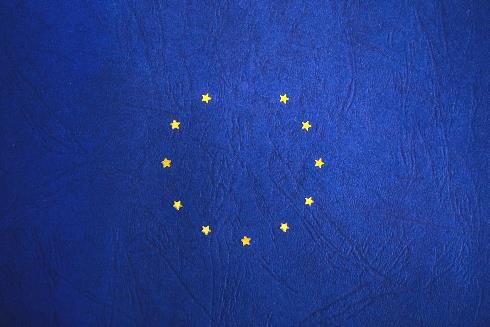Why The European Copyright Directive Might Be More Sinister Than It Seems
The Internet is cathartic in the sense that it is an avenue where we are able to express thoughts and emotions that we would otherwise try to consciously keep to ourselves.
You can liken the Internet to a dream, where you are able to become anyone, and to an extent do anything, even when there are many times that what we claim to be and what we claim to do on the Internet are actually far from the truth.
This freedom of expression isn't only vital to the mental health of a significant number of people, but rather, it is also vital to the soul of a nation.
Sorry, what was that last bit?
Yes, the soul of a nation.
Because while most people would probably use the internet for inconsequential things like memes, cat videos, and the excessive use of social media, the Internet is also a medium through which social awareness is raised. Those who are able to make conscientious use of the Internet and have the ability to share information without the need to worry about time and distance have a very powerful propaganda tool at their disposal.
The Internet has been used to spread awareness on all sorts of social, political, and environmental issues. And the critics behind these sentiments, those who choose the path of conscientious dissent are also the people who keep us from being manipulated by the tyrants in our midst. There's a need to know when what we're doing is wrong and there's definitely a need for people who are brave enough to speak out.
However, on April 15 2019, the European Union Council voted to adapt the copyright directive into EU law. This is quite literally a threat to the freedom of expression.
So, no more memes. What's the big deal?
The danger here is that rights holders (the persons that own the content) will no longer be required to secure a court order in order to file for a copyright claim. All they have to do is to send a "take down notice" and the platform on which the (alleged) infringement occurred must remove the post or face legal repercussions.
The danger here is that Article 13 of the Copyright Directive feels more like a tool for censorship disguised as a tool that helps rights holders protect their content, and also as a tool to combat piracy and copyright infringement. And while it's alright to censor certain material from public view, as is the case with extreme violence, pornography, or discriminatory material, this can easily be used to hide painful truths and critiques.
Consider this example
As an online business, reviews and critiques are what help drive customers to transact with you. Naturally, a business with good reviews is going to attract a lot of customers and it will even help establish a loyal customer base. The opposite is true for a business with bad reviews.
Not all negative reviews are true and there are times when they are used to malign a business. Sadly, this is a normal occurrence in e-Commerce and that's exactly what review management software is meant to counteract.
But, let's say that these negative reviews were warranted, and that the business was, in truth, a bad business. It's one thing to take criticism and as a means to help improve how you conduct business, and it's another thing to completely censor feedback with the intention of misleading customers.
Article 13 of the Copyright Directive feels a little too biased towards rights holders and the users, the customers, are the people who are caught in the midst of it all. While I don't completely disagree that Article 13 is an important tool to use against piracy and content theft, it shouldn't be used as a tool to attack users. It's almost as if they want to throw the baby out with the bathwater.

